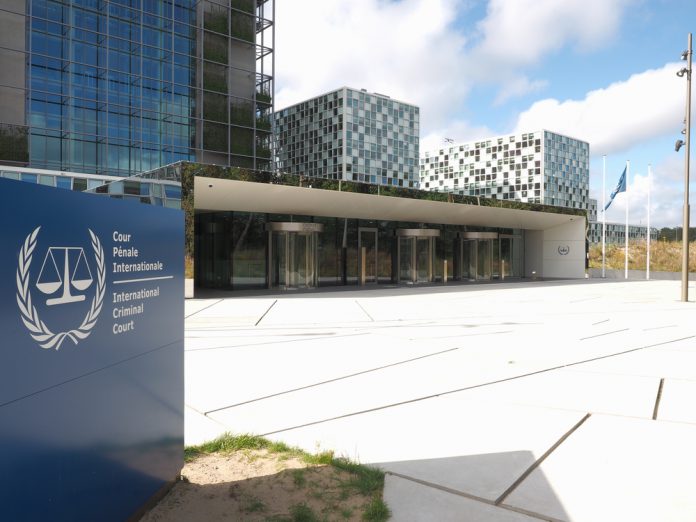Fresh concerns have emerged over the potency of the international justice system, as Gambia becomes the latest country to leave the International Criminal Court (ICC).
Several African nations have already left the ICC as a result of concerns over the court’s alleged bias against the continent, including South Africa and Burundi. Gambia cited the tribunal’s continued “persecution and humiliation of people of colour, especially Africans” as the reason for their withdrawal.
Additionally, Gambia’s international minister said: “There are many western countries, at least 30, that have committed heinous war crimes against independent sovereign states and their citizens since the creation of the ICC and not a single western war criminal has been indicted.”
Indeed, it seems the perceived bias may prove a legitimate concern. Throughout its history, the court has chosen to investigate the head of states in ten African nations, making up just over half of its 19 cases.
Despite its various failings, the court represents a particularly symbolically significant achievement in the search to end impunity and ensure retribution for those committing the most abhorrent of international crimes.
The court was set up to establish an international criteria for justice and punishment in the wake of the Holocaust, however the initiative has been plagued by failure. Many have openly criticised the court’s potency; whilst the court was created to end the culture of impunity among those in power, so far the court has only convicted two war criminals, out of 36 indictments.
Whilst the court remains an important development in global co-operation, the realities of the ICC mean it is now more necessary than ever to comprehensively assess what is next for struggling legal institution.
Weakening scope
As many nations start to shun the ICC, the scope of the court continues to weaken – presenting a serious setback for the upholding of universal standards of justice.
Since the court’s inception it has continually struggled with ensuring co-operation with its participating states and heads of states.
In 2008, in a case against Omar Al-Bashir of the Sudan for crimes against humanity, Mr Al-Bashir continued to refuse to recognize the legal legitimacy of the courts and co-operate with its demands. The case of Sudan is one of many lists of failings for the ICC.
Moreover, the limited participation of a hegemonic power as influential in global affairs as the U.S, continues to be an additional and recurrent significant limitation on the courts potential, which seems to only further legitimize Gambia’s claim of selective justice.
Gambia’s withdrawal is just the latest in a series of setbacks for an institution who is struggling to command international credibility, and two big questions remain.
Can the ICC be legitimately seen as an “international” court if it only has the ability to scrutinize its member states, and thus only a small percentage of the world?
As of March of this year, 124 states are party to the Rome Statute, but this number continues to reduce. The court for many, appears to be an increasingly stagnant operation, which desperately needs meaningful reformation if it wants to invoke any meaningful decisions.
Secondly, within its membership: are all nations fairly held to equal degrees of account by the court?
A lack of action over Tony Blair’s involvement with Iraq and the asymmetrical persecution of composite African nations for many suggests they are not.

